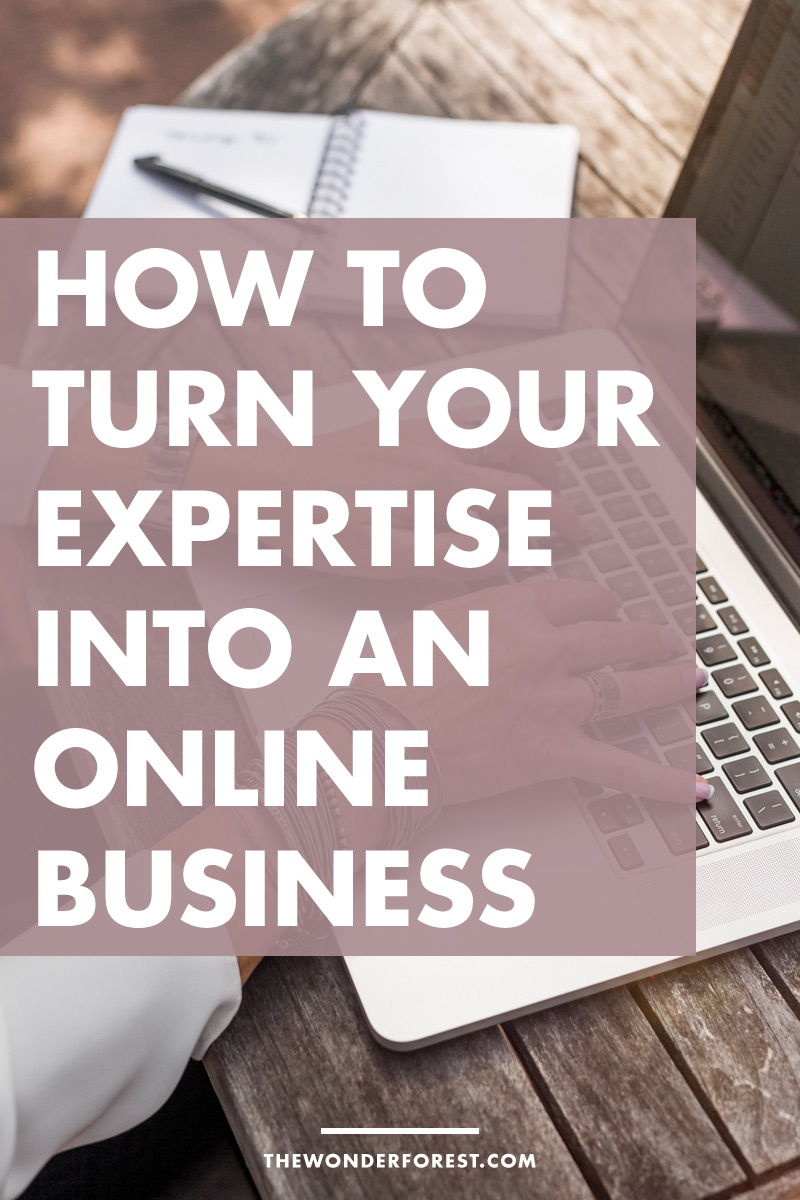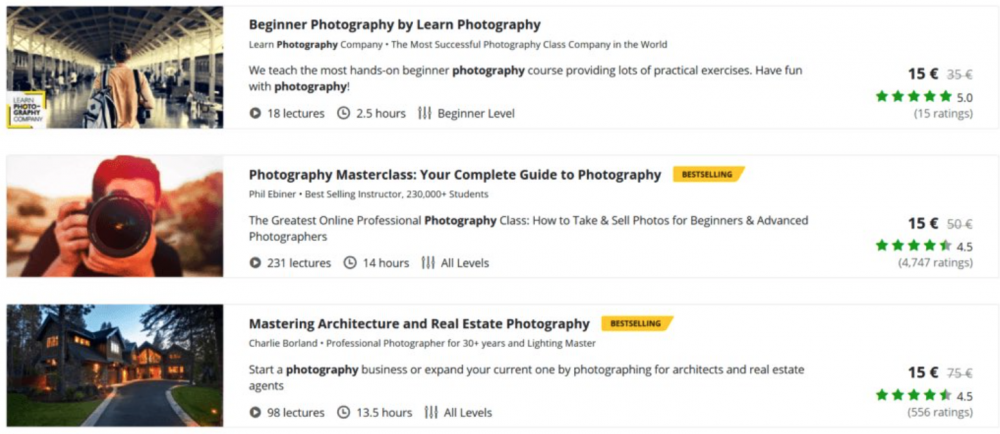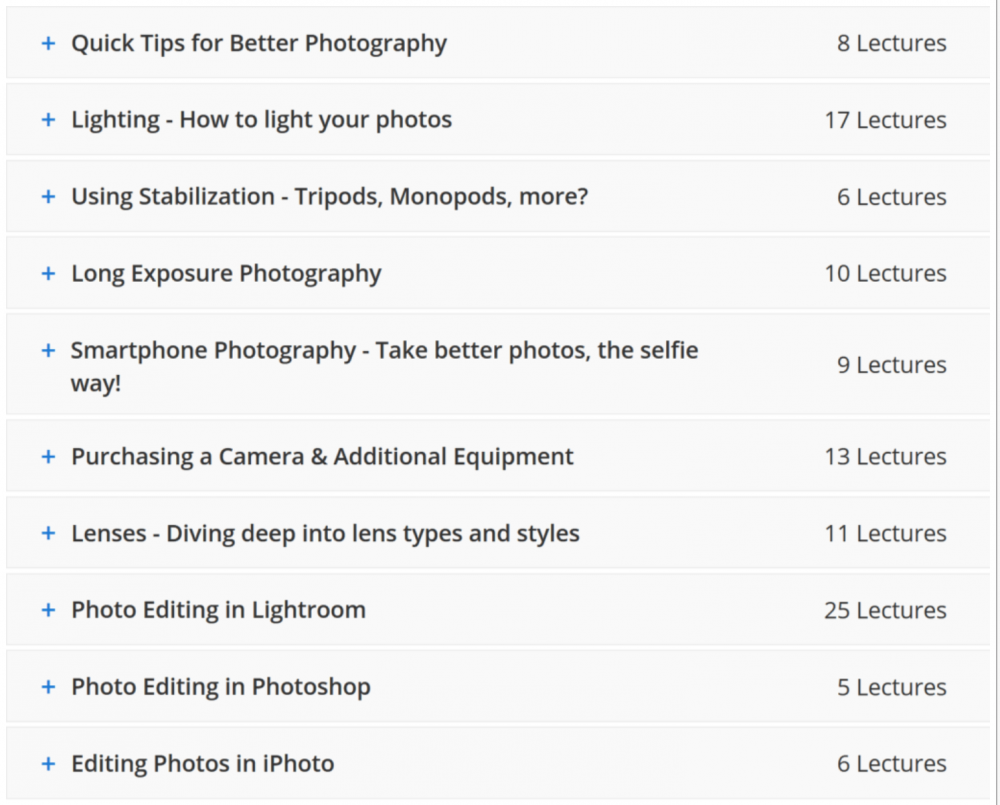
Are you an expert on a topic? If there are enough people who want to learn what you know, then you have the opportunity to turn all that knowledge and expertise into an actual business.
The internet provides a lot of opportunities for people all over the world to gain more knowledge. And a lot of them take that chance – according to a Global Shapers Survey of 25,000 young people, 4 in 5 respondents have taken an online course in the past.
Think about it: there’s a huge potential if you possess knowledge that other people need, in order to solve a problem or improve their lives. For example, maybe you’re very knowledgeable about social media – in that case, you could teach business owners, entrepreneurs and aspiring marketers how to leverage social media marketing. Or maybe you have certain skill, like playing an instrument – whatever your skill/knowledge is, there usually are plenty of people out there who want your knowledge.
You could have a nice side income or even replace your day job altogether. Check out these 8 tips to start monetizing your knowledge online:
1. Find The Topics People Will Pay For
Whether you have knowledge about photography or catering, you need to find the aspects of these skills that people are willing to pay for. One fast way to do this is to find valuable keywords through keyword research.
While doing this, look out for keywords with a high cost per click (CPC). In most cases, advertisers bid highly for these keywords because they’re valuable. You can use a tool like Ubersuggest to help with your research.
Alternatively, you can go through popular e-learning platforms and see top courses for your topic. What solutions do they offer? If you can address those topics with better solutions, people will likely buy. For example, look at top photography courses on Udemy:

When you click on the middle course, you get this outline:

This can show you what people are trying to learn and what they are willing to pay for this type of knowledge.
2. Carry Out Audience Research
What does your audience want? Knowing this will point you towards the topics to address in your course, how to approach the learning process and other details like pricing.
After your audience research, you should have a buyer persona document that includes necessary details about your ideal buyer. Some important details to have in your buyer persona are:
- Name
- Age
- Gender
- Income
- Pain points your product can eliminate
- Ambition
- Fears
- Favorite social media platforms
- Hobbies
- Favorite marketing channels
With this information, you can structure your course in an attractive way to your target buyers.
This will help you not only when you put together your online courses, but it will also be of big help when it comes to marketing your products as you’ll know exactly who you’re targeting.
3. Market Your Product on the Right Channels
No matter how good a course is, it won’t sell itself. How do you ensure ideal buyers know about your course?
You have to market it using the right channels. Naturally, these channels will depend on where your ideal audience hangs out. And it will dictate where you need to focus your marketing efforts.
Some elements to consider for marketing your course or other digital products are:
- Email marketing campaigns
- Landing pages for your courses
- Google and Facebook ads
- Website banners
- Affiliates
- Social media marketing
- Blogging
Once you’ve done your audience research and created your personas, you’ll have a lot more details on hand that will help you put together a great marketing strategy.
4. Sell Digital Products on Your Website
After your research, all you need to do is organize your knowledge into a format your buyers can understand and easily access.
Some common digital products you can create to monetize your knowledge, are:
- Online courses
- eBooks
- Whitepapers
- Webinars
- Audio
It is vital to create your product in the preferred format for your audience. Then, in order to create your products and sell them effectively, you’ll need a tool that can host your materials.
A popular platform to sell your courses and other digital products is Kajabi. The platform claims its users have made over $500 million selling their knowledge.
And the potential is even bigger. It’s estimated that the e-learning market grew to $255 billion as far back as 2017. A tool like Kajabi helps you to create a website, manage your marketing, and create landing pages you can use to market your courses to potential buyers.
Meanwhile, you can also sell your digital products on Amazon. This is especially useful if you’ve created an e-book.
Apart from selling your products yourself, affiliates can sell on your behalf at an agreed commission and essentially help promote your products for you, to their own audiences.
5. Sell Courses on E-learning Platforms
If you don’t want to go through the process of hosting and marketing your courses yourself, you can use an e-learning platform. These platforms already have potential students who are looking for courses to enrol in.
With a well-crafted course, you can attract many buyers. And if your course is rated highly, you can attract even more buyers through social proof. Some popular e-learning platforms to consider for hosting your courses are:
- Udemy
- Teachable
- Thinkific
- WizIQ
- Coursera
- Docebo
With these platforms, you can start selling your course in a short time. Even though some of these platforms have huge audiences, you need to know they’ll also take a share of your earnings.
6. Freelancing
As a freelancer, you can execute some tasks for people online and get paid for it. Let’s say you’re a graphic designer, a website designer, or a writer: people are willing to pay you for your expertise.
This can be a source of income during your free time and can contribute considerably to your total income. Over time, you can make enough with freelancing to do it full time.
To be a freelancer, you’ll need a blog to market your services. You can also visit freelancing sites such as:
- Freelancer.com
- Upwork
- Toptal
Here, you’ll find people who need your service and want to pay for it. However, a disadvantage with freelancing is that you can’t earn passive income this way – and some months will be slower than others.
That said, it’s a great way to earn extra money, beyond courses, e-books and the like, by monetizing your knowledge on the back of your online products.
7. Host Paid Webinars
Instead of hosting a seminar offline, you can host a webinar at a lower cost and have access to a larger audience. During these webinars, you’ll teach a skill that your audience finds valuable and are willing to pay for.
Marketing your webinar effectively and establishing a good reputation online will convince more people to attend. Tools such as EverWebinar, ClickMeeting, or GoToWebinar host webinars and integrate with payment platforms. With these, you can host your webinars live or on-demand.
8. Create a Membership Site
Membership sites are another great way to monetize your knowledge through valuable content; essentially, they are “closed” websites where only people who have access can see the content.
That said, there are several ways to build your membership site. It could be entirely closed off to anyone who doesn’t sign up or it could have free content AND premium content that users can only access by signing up. Likewise, there are numerous ways to set up the monetization of your site: regular subscriptions, one-time fees or only paying for certain pieces of content.
A membership site is more likely to be successful if you’ve established a reputation as an expert in your industry. This way, potential users have confidence in your offer before paying.
You can put your knowledge to good use by providing value to a hungry audience. Better still, you can get paid for this. Use these tips to turn your knowledge into an income-generation machine.
Last Updated on
